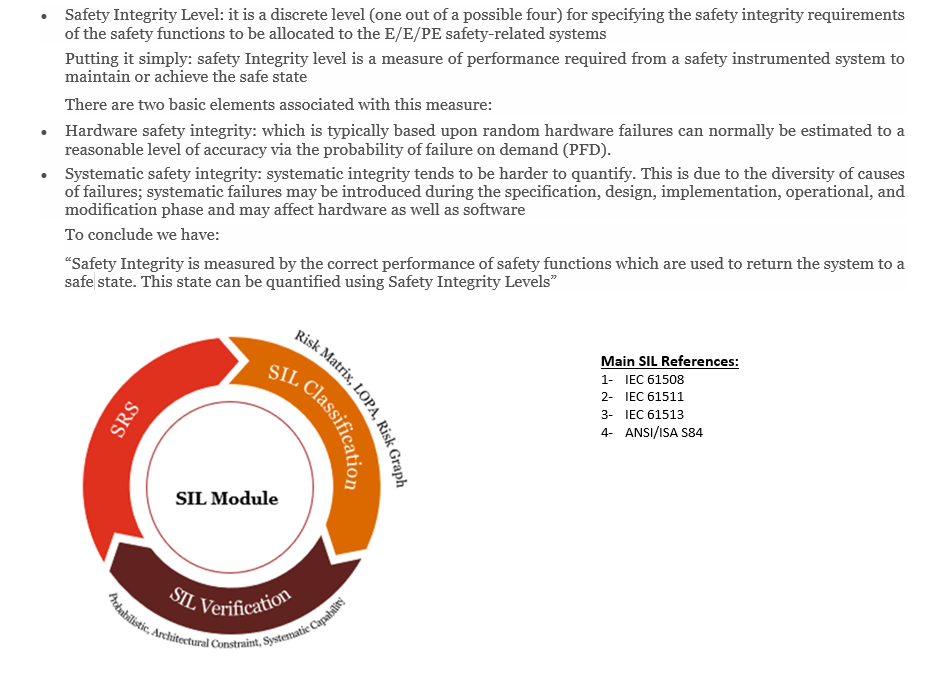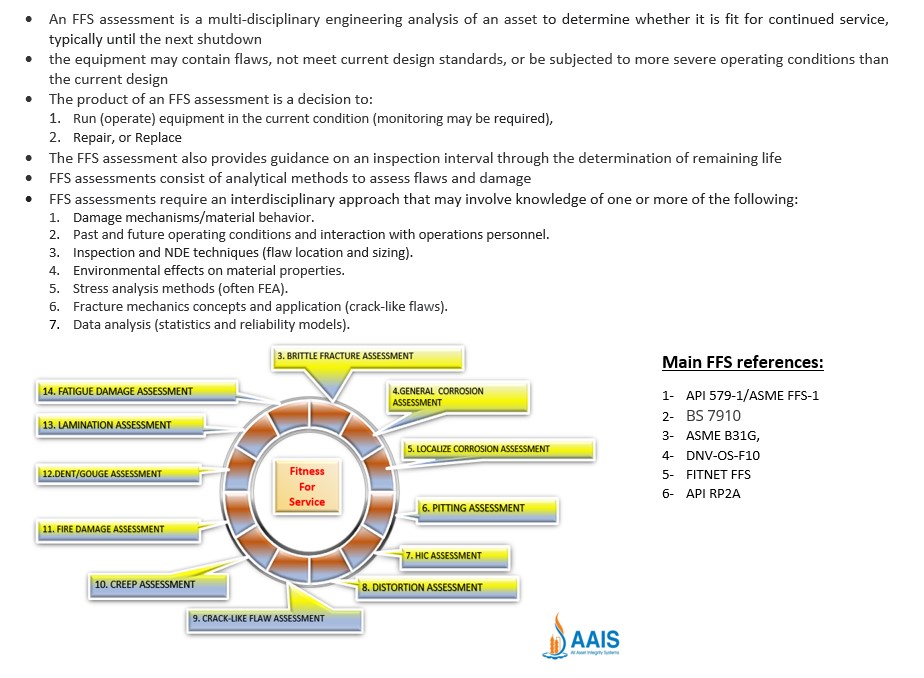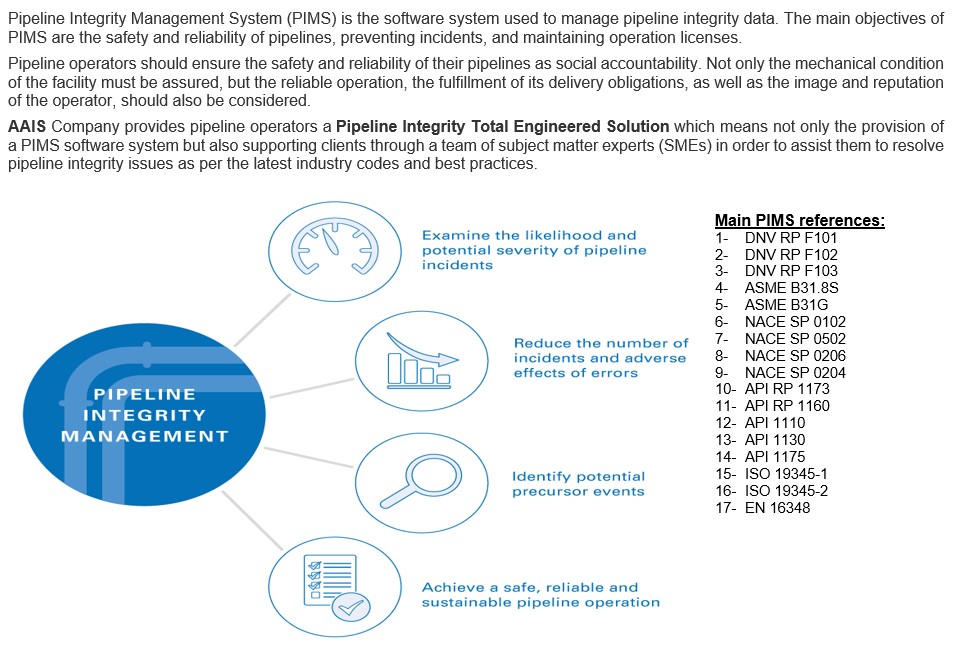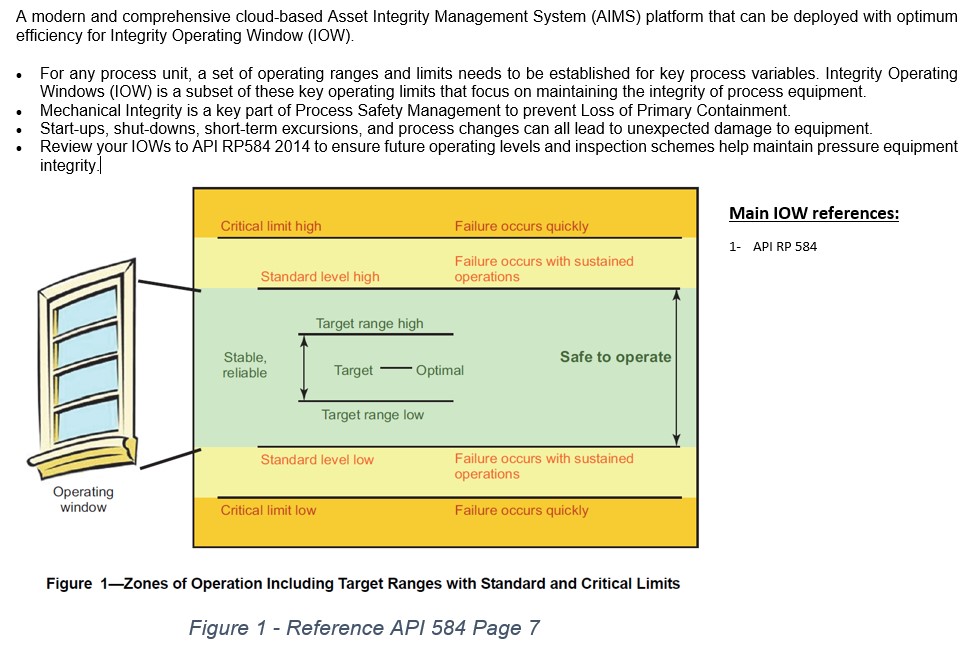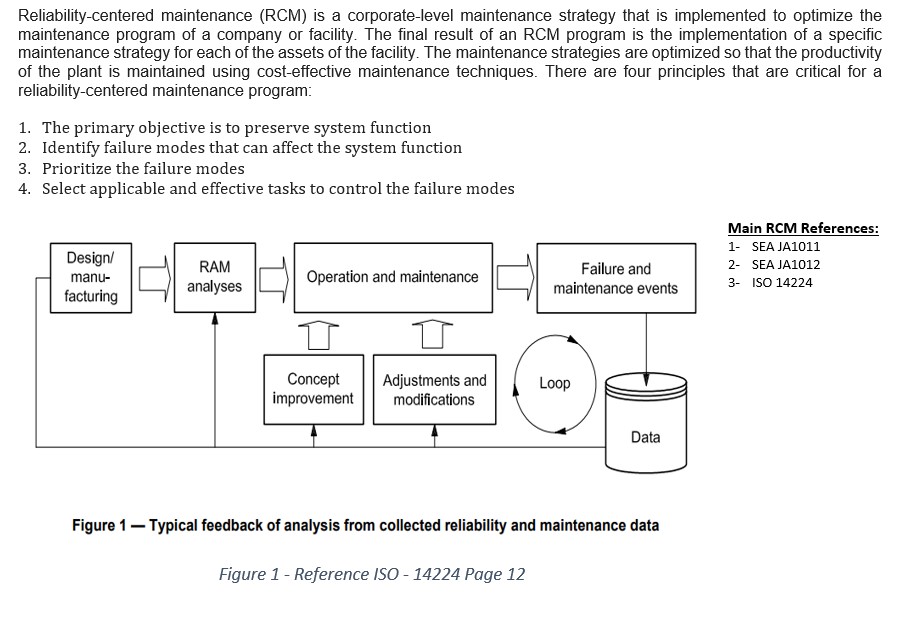- Home
- Training Courses
- Material Selection
- Brief
- Learning Objectives
- Mode of Delivery
- Training Timing
- Material Provided
- Certificate
- Who Should Attend?
- Group Discount (same company only)
- Pricing
- Course Outline
Brief
This course explores all of major categories of materials while offering detailed guidance on material selection for the various service environments encountered in oil refineries and petrochemical plants.
The theme throughout the course will be focused on how to put the right material in the right place in the right way. Practical guidelines in selection of materials against many forms of corrosion will be presented. The participants also will understand the basic metallurgy of iron-carbon and other complex alloy systems and predict their physical, chemical and mechanical properties, so that one may be adequately equipped to select and specify the most appropriate alloy grade for a particular engineering application. The attendee is treated to the major ASTM specifications and selection of their common equivalents in BS, JIS,DIN specifications, including Do’s and Don’t in selecting material substitutes. The course also covers methodology of the Unified Numbering System and Index to UNS Designations by Base Elements.
Learning Objectives
By the end of this course, participants will learn to:
- Main factors in deciding the suitable material for a given service
- Various metals, alloys their applications and limitations
- Factors governing material choice :corrosion, temperature, and other factors
- Materials for pressure vessels, storage tanks and piping
- Specific considerations for materials in oil and gas industries
- Materials for critical applications-Sour service, Caustic service, Hydrogen service
- Materials for resistant to Sulphidation
- Materials for High temperature Hydrogen attack
- Codes and standards in material selections
- NACE MR 175 and NACE MR 103
- Typical ASTM specifications and grades
- Selection of alternative materials. Do’s and Don’t in selecting material substitutes
- Unified Numbering System for materials & alloys
- Use of UNS designations
- Cross reference of UNS and ASTM designations
Mode of Delivery
Training will be conducted via Microsoft Team Meeting or at our Training Center.
Training Timing
Consecutive Saturdays at 09:00 AM to 03:00 PM GST
Material Provided
• Presentation Slides • Study References
Certificate
-
Certificate will be issued upon successful completion of training.
Who Should Attend?
This course is ideally suited for professionals in oil and gas industries (Process engineers, designers, technical managers, quality control personnel, corrosion engineers) and all those involved in materials selection and evaluation of materials for petroleum, petrochemical industries. The inspection persons and maintenance engineers in oil and gas industries will find this course quite useful in their day to day working.
Group Discount (same company only)
• 15% Discount for groups of 5 or more.
• 10% Discount for groups of 3-4.
Pricing
| Course | Price |
| Material Selection | 2000 EGP |
Course Outline
- Introduction to material selection process
- Mechanical properties of metals and their relevance in engineering applications
- Effects of Alloying elements on carbon steels
- Heat treatments and their effects on material properties
- Low alloy steels, stainless steels and duplex steels
- Quality control requirements for materials for ASME boilers and vessels
- Brief overview of important ASTM standards.
- ASME materials of construction for process plants and equipment
- ASME Sec. II specifications for metallic materials
- Factors governing material choice :corrosion, temperature, and other factors
- Weldability and fabrication considerations
- Materials for pressure vessels, heat exchangers, piping
- Specific considerations for materials in oil and gas industries
- Materials for critical applications: sour service, caustic service, hydrogen service
- Materials for resistant to Sulphidation
- Materials for high temperature hydrogen attack
- Codes and standards in material selections
- NACE MR 175 and NACE MR 103
- Typical ASTM specifications and grades
- Difference between ASTM and ASME materials
- Material equivalents, material substitutions
- Introduction to the Unified Numbering System
- Index to UNS designations by base elements
- Selection of alternative materials and Do’s and don’ts in selecting material substitutes
- Case studies in material selection techniques for various processes equipment



